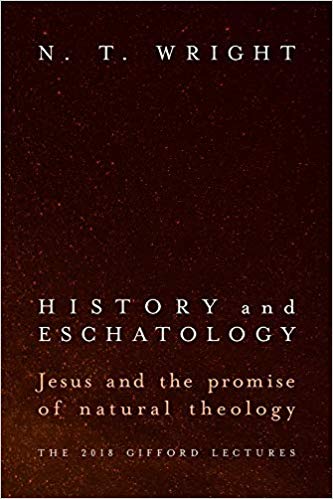On p. 155 Tom sums up how he sees the problem of modernity in dealing with Christ– “epistemology has tried to do without the notion of ‘love’, producing historical study a false antithesis of rationalist certainty-hunting on the one hand and skepticism on the other; Jesus and his first followers have been portrayed as holding an imminent-end-of-the-world belief which has distorted other features; and the question of God and the world, of which natural theology is one aspect, has suffered.”... Read more











